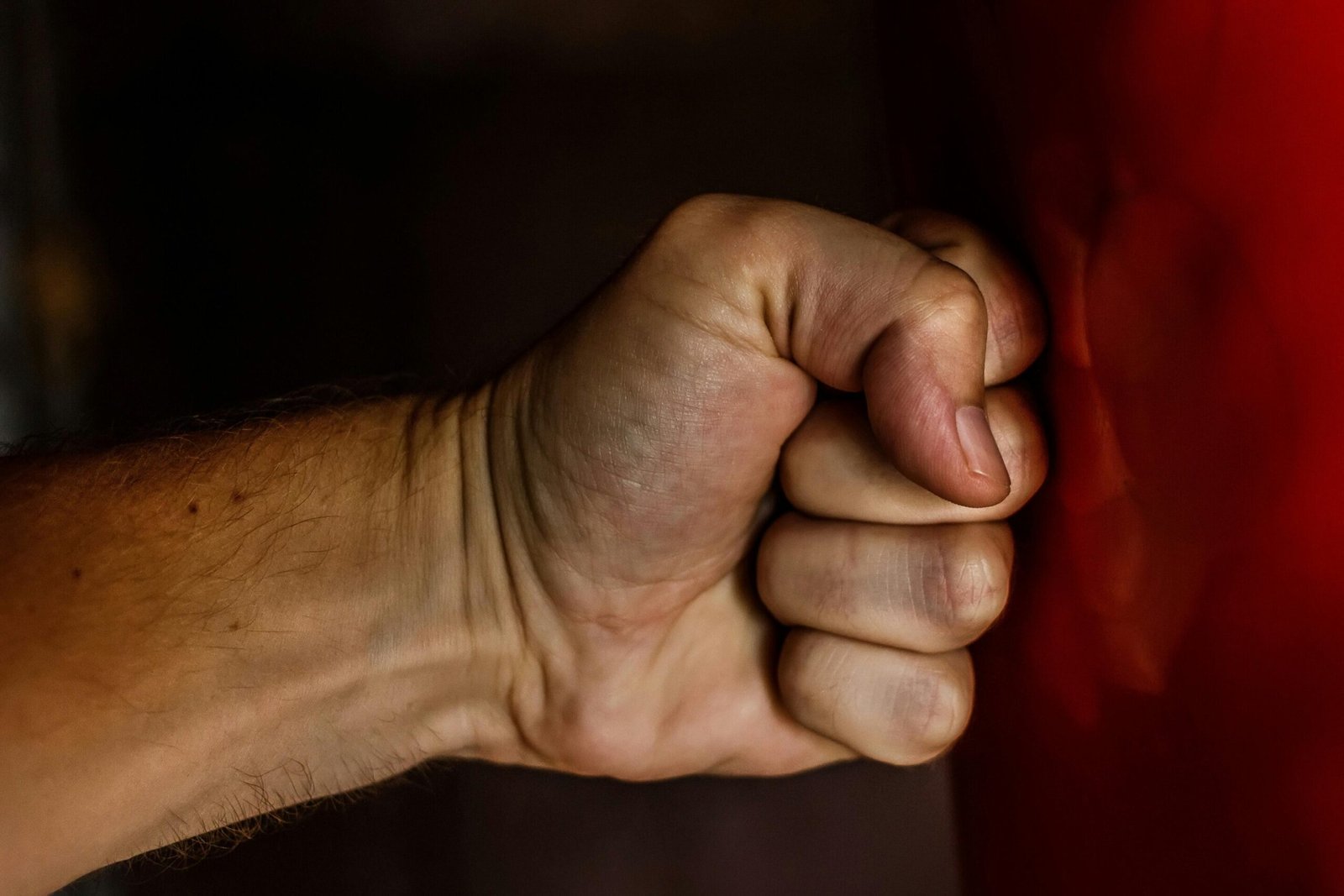
Content warning: Please note the article contains distressing content.
Nine fathers were given legal access by private family court law proceedings (PLP) to the children they were accused of sexually abusing, according to a qualitative study.
The paper, published in the Journal of Social Welfare and Family Law, was carried out by University of Manchester researchers in partnership with members of SHERA Research Group and The Survivor Family Network.
It is based on the experience of 45 women from across England in PLP who, along with some of their children, accused the men of abuse, including child sexual abuse (CSA) in nine cases.
A tenth father, a convicted pedophile, had groomed the mother as a child and been convicted of child sex offenses but hadn’t yet harmed the child sexually. Other fathers convicted of child sex offenses were also given direct access to their children.
Of the 45 studied, fathers were given access in 43 cases.
PLP cases occur when two or more private individuals try to resolve a dispute, usually around child arrangements or financial disputes.
All 10 cases involving CSA resulted in some form of direct child contact with the alleged perpetrator father, sometimes giving unsupervised overnight stays or 50% shared residency.
Some of the 10 fathers were either convicted child sex offenders or had admitted to CSA. In some of the cases, digital evidence was submitted to the court.
Only fathers who had criminal convictions for CSA were considered to meet the threshold for concern for risk or harm, though they were still given overnight contact with the children, supervised by paternal family members.
Four of the mothers, accused of coaching their child to falsify abuse claims—so-called parental alienation—lost residency of their children to the alleged perpetrator father.
The researchers applied a feminist-informed framework to understand the experience of 10 women from within the larger sample of 45, who were also interviewed.
The analysis identified five themes:
- Minimization by the courts of the harm to the child and mother from CSA by the father, overemphasizing the rights of fathers.
- The courts rely on whether a father was “gratified” by the abuse to determine whether harm has occurred and a “sorry” from the father was enough to reassure the court that their children will now be safe from future harm.
- The family courts at times intervened to close down active CSA criminal investigations into the fathers.
- Mothers who persisted in their attempts to resist the court and advocate for their children were those who lost their children.
- The court actors were frequently reported as bound by a pro-father narrative in their regard to each other.
Lead author Dr. Elizabeth Dalgarno said, “We found disturbing evidence that private family courts are letting down some mothers and their children who accuse the fathers of child sex abuse and or rape.
“Many of the fathers had a history of abusing others. All had allegedly abused the mothers and children, yet this was deemed ‘alienation,’ ‘historic’ or ‘irrelevant’ by the court, with one child repeatedly raped for several years after her mother was erroneously dubbed an ‘alienator.’
“Fathers’ actions and behaviors were repeatedly minimized and made invisible if harmful. For mothers, there was no such grace shown in the court, who sometimes had their children removed.
The researchers argue CSA findings should not be determined within existing PLP, where prevailing bias against mothers and children leaves room for abuse to continue.
Use of “parental alienation” or “alienating behaviors” as a defense, they say, should be prohibited and that the Sexual Offenses Act 2003 must re-consider the notion of perpetrator gratification to define harm and also review the use of a child’s personal and private space in defining criminality.
She added, “False allegations of CSA are extremely rare at around 0.01%–2% and there is little evidence that children can be coerced into making false CSA claims.
“So we contend that this treatment of vulnerable women and their children is effectively an act of state-sanctioned abuse, and state gaslighting.”
More information:
E. Dalgarno et al, ‘Let’s excuse abusive men from abusing and enable sexual abuse’: child sexual abuse investigations in England’s private family courts, Journal of Social Welfare and Family Law (2024). DOI: 10.1080/09649069.2024.2382501
Provided by
University of Manchester
Citation:
Study finds nine UK fathers accused of child sexual abuse given legal access to their alleged victims (2024, September 5)
retrieved 5 September 2024
from https://phys.org/news/2024-09-uk-fathers-accused-child-sexual.html
This document is subject to copyright. Apart from any fair dealing for the purpose of private study or research, no
part may be reproduced without the written permission. The content is provided for information purposes only.
